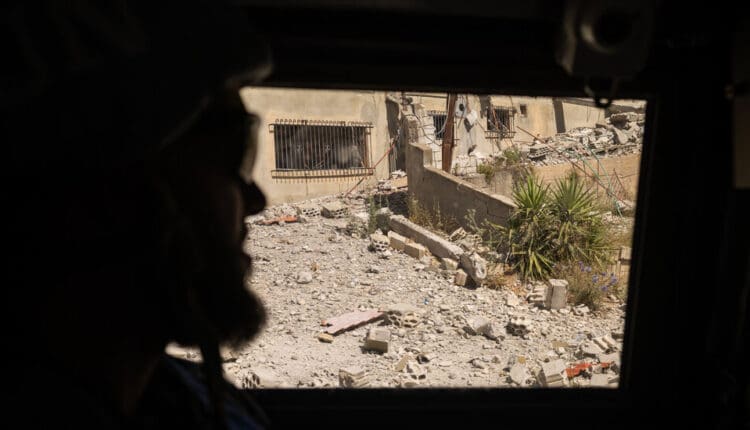
U.S. Urges to Prevent Escalation of War Between Israel and Hezbollah in Lebanon
TL/DR –
The United States is using diplomatic means to prevent a full-scale war between Israel and Hezbollah in Lebanon, worried about the potential for a wider regional conflict involving Iran and the US. The recent conflict between Israel and Hamas has escalated tensions between Israel and Hezbollah, with fear that if Hezbollah continues its attacks, Israel might feel justified in launching a broader offensive. To discourage this, the US has been urging both sides to show restraint, with US officials conveying messages to both Israeli and Hezbollah leaders in an attempt to deescalate the situation.
U.S. Intervention to Avert War Between Israel and Hezbollah
—
Read More US Political News
